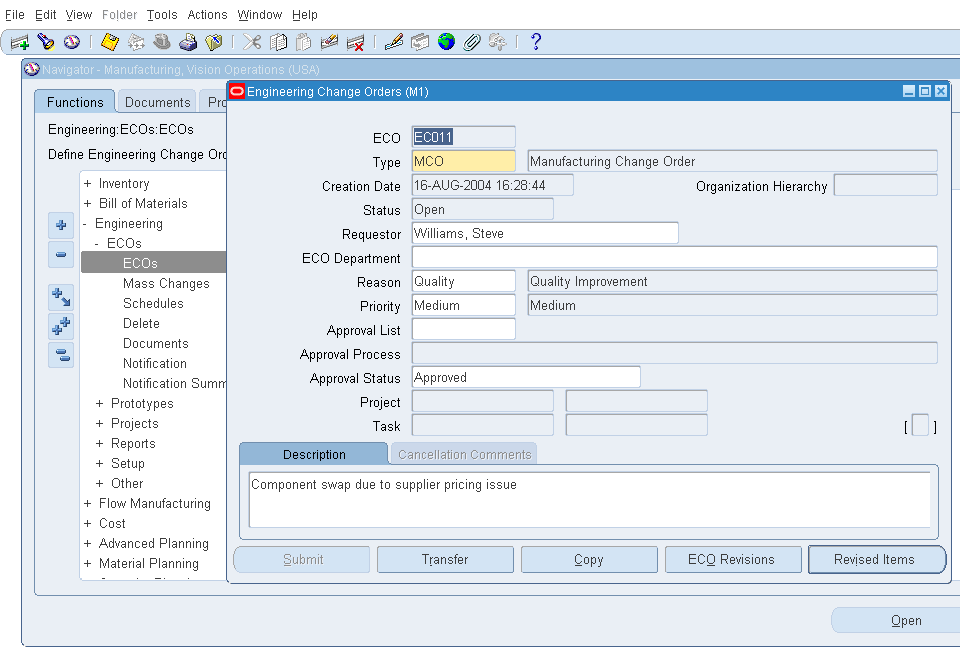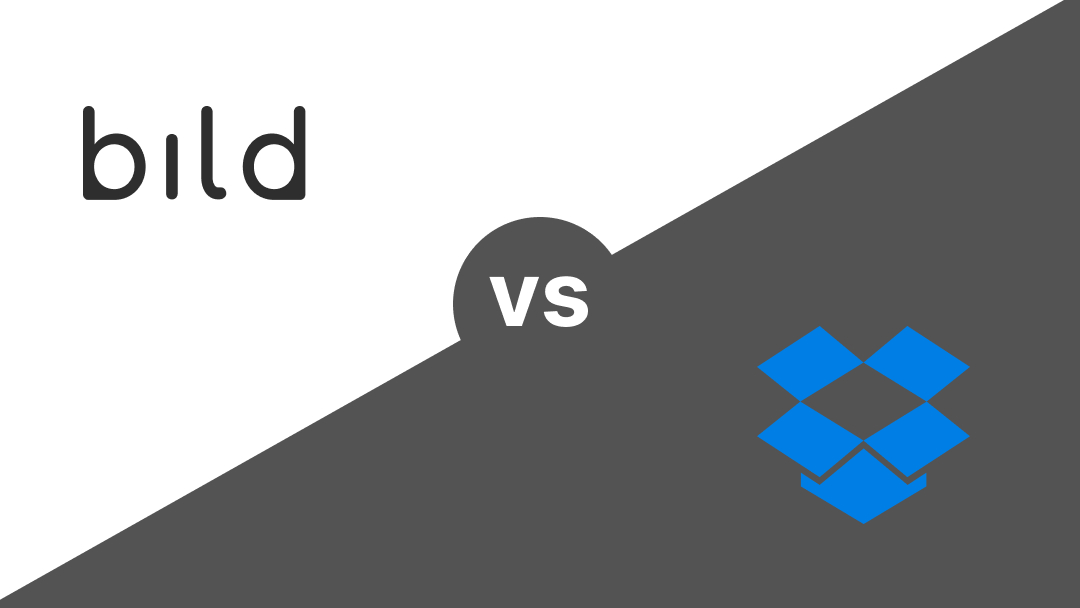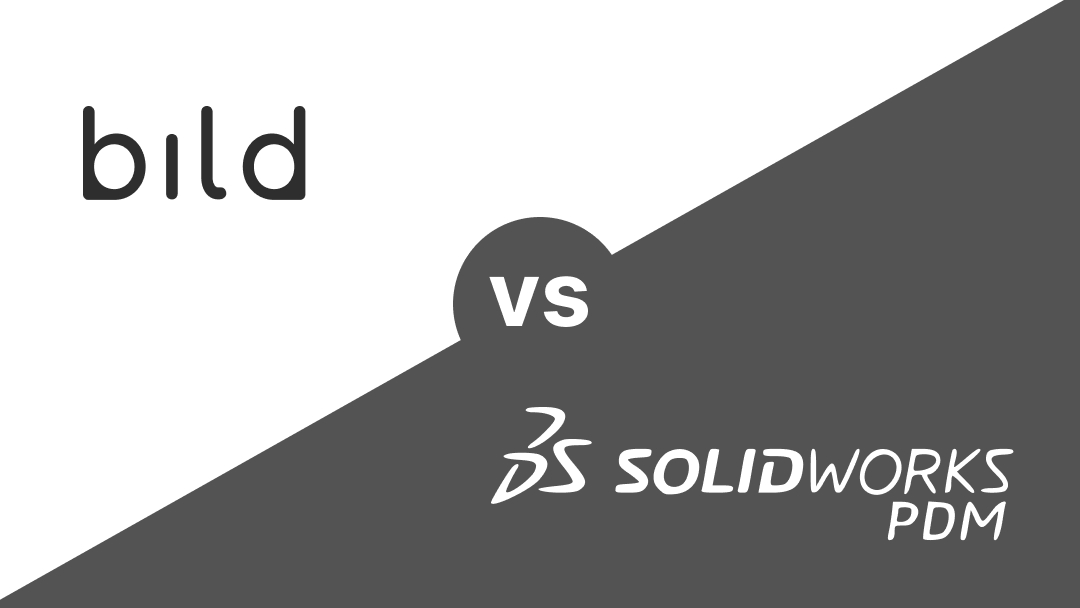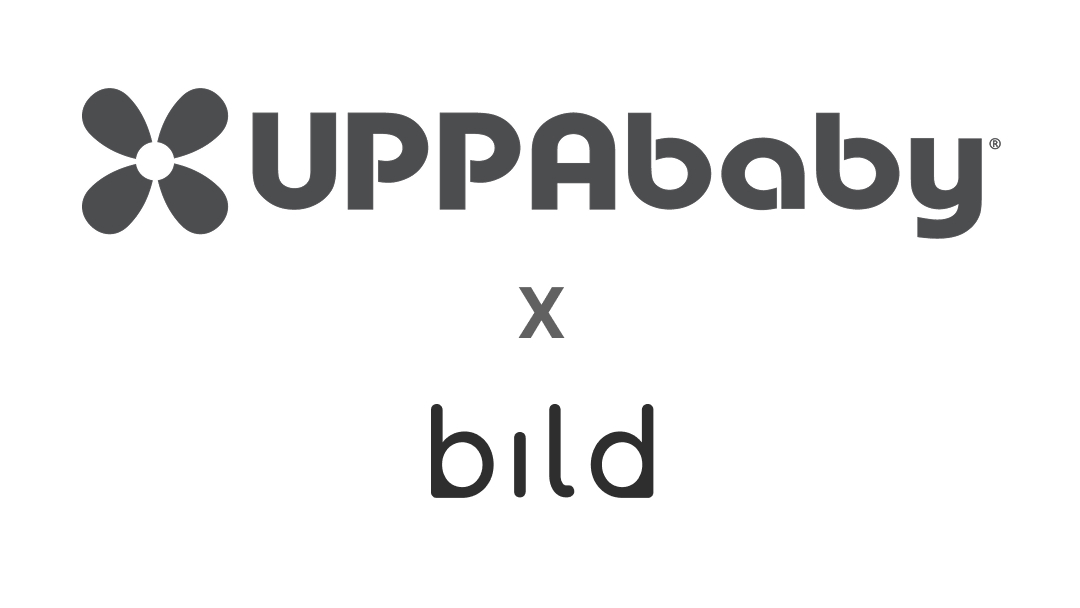The New Era of Engineering Change Orders (ECO)
.png)
Hardware teams often create an approval process around their design changes. This approval process prevents designs from being changed without approval and/or without notifying the correct stakeholders. In traditional PDMs, this approval process is called an engineering change order (ECO). While the concept of an ECO process is important, unfortunately traditional PDM systems have complex ECO processes which do not meet the needs of many hardware teams.
Traditional ECO processes don’t work for all teams
Hardware teams want a way to ensure that any engineering change is approved by necessary stakeholders (such as technical leadership and supply chain) and notifies stakeholders to keep them apprised (such as other engineers). While effective approval and notification must occur, traditional ECO processes overcomplicate this process. For example, a full ECO process in the Creo PTC definition includes an Engineering Change Review (ECR), a Engineering Change Order (ECO), and a review by a change control board (CCB). Certain large organizations require this level of review because their teams are hundreds of people. In contrast, most teams do not need a full board review for each engineering change. Bild provides a better solution for these teams with feedback items and approvals. Bild automatically informs project members of new feedback and approvals. Additionally, the approval process enables a smaller set of more closely involved team members to provide necessary feedback.

Traditional ECO processes don’t work for all situations
In traditional PDMs, there aren’t many options for how a designer works through an ECO. It is difficult for the system administrator to provide the flexibility in the system for the different types of situations which occur in product development. For example, a situation where multiple options are being considered or where a Plan B needs to be approved in case there is a material delay. In scenarios like these, which occur all the time for hardware teams, they end up going outside of the ECO process because it cannot meet their needs. In Bild, our feedback items and approvals are flexible to handle the variety of situations that hardware teams face. As a result, teams on Bild are able to keep more of their changes documented. This improves traceability for all stakeholders and enables teams to review decisions down the line. With Bild, hardware teams move faster through their design process and are able to make better product decisions.
Latest blog posts
Insights and updates from the Bild team on industry news and product updates



